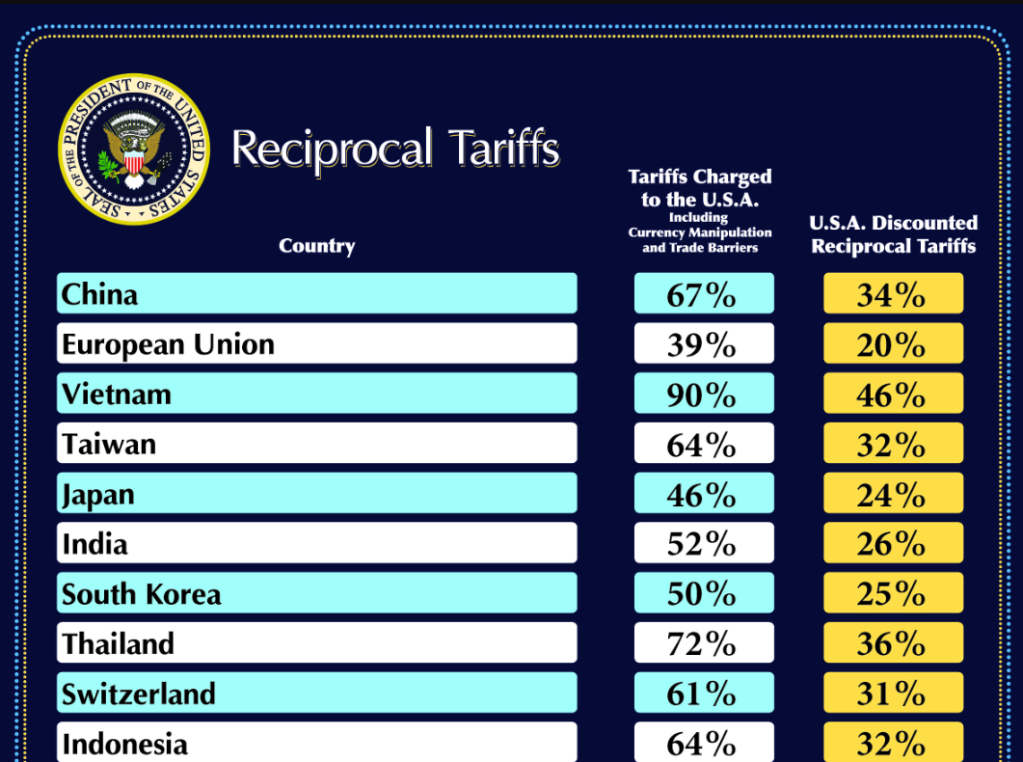
"President Trump's recent actions to sharply increase tariffs on imports, aimed at addressing trade imbalances, may unintentionally expose vulnerabilities in U.S. service and IP markets."
"The potential retaliation from trading partners could disrupt key segments of the U.S. economy, particularly in areas where the nation enjoys a surplus while facing a goods deficit."
"Non-tariff measures have emerged as significant tools in global trade disputes, providing avenues for countries to impose barriers while avoiding customs duties, making open trade more complex."
"The U.S. position has shifted from promoting free trade to potentially provoking widespread trade barriers, which could stifle the global economic benefits it previously championed."
In April 2025, President Trump's administration significantly elevated tariffs on imports, citing trade imbalances as a primary motivation. Major trade partners, including the EU and China, are considering retaliatory actions that might extend beyond simple tariffs, targeting strategic areas such as services and intellectual property where the U.S. typically enjoys surplus. This approach raises concerns about the potential impacts on the U.S. economy, especially given the reliance on foreign markets. As non-tariff measures gain prominence, the dynamics of global trade are shifting away from free trade ideals, complicating the landscape for American businesses.
Read at Patently-O
Unable to calculate read time
Collection
[
|
...
]